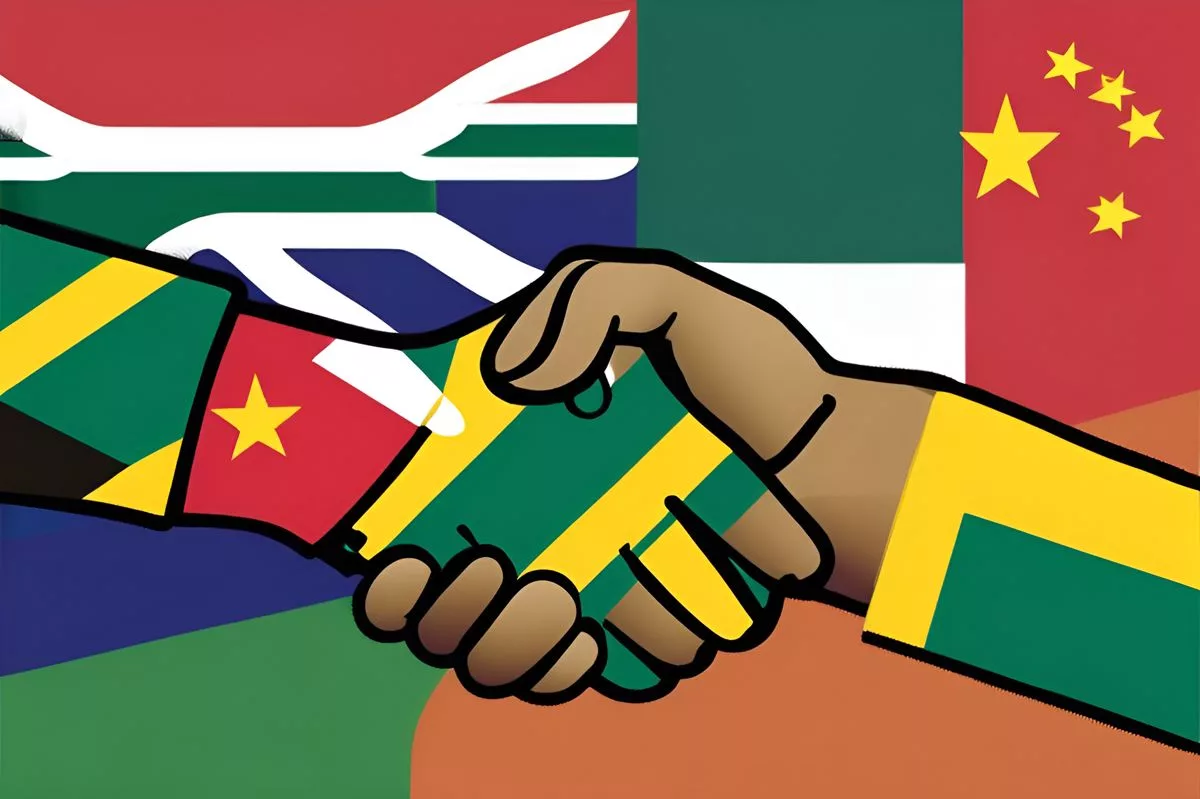South African rugby team, the Bulls, sparked controversy when they fielded a reserve team in their Champions Cup quarter-final match against the Northampton Saints. Coach Jake White strategically decided to rest his seasoned players from the exhausting journey, which caused debates about the impact on the tournament’s reputation. However, the European Professional Club Rugby (EPCR) acknowledged the need for a future schedule revision to prevent selection disputes from recurring. The situation highlights the heavy toll the tournament imposes on players and the delicate balance between strategic planning, player development, and intense tournament pressures.
Why did the Bulls field a reserve team in the Champions Cup quarter-final match?
The Bulls’ coach, Jake White, strategically decided to spare his seasoned players from the exhausting journey to confront the Northampton Saints. This decision sparked a lot of debates, with UK’s “The Times” pondering if this move could trigger the tournament organizers to retaliate.
The Calculated Choice
In the fiercely competitive realm of sports, tactical maneuvers and pragmatism are often scrutinized, occasionally eclipsing the game itself in the limelight. A case in point is the recent Champions Cup quarter-final clash where the Bulls fielded a reserve team. However, the crushing defeat of the Pretoria side was not merely a result of the under-equipped squad but a deliberate maneuver by coach Jake White. This selection decision, and the subsequent uproar, casts a harsh light on the challenges teams confront, the constraints of the current timetable, and the wider repercussions for the sport.
Jake White, the Bulls’ coach, strategically decided to spare his seasoned players from the exhausting journey to confront the Northampton Saints. This decision sparked a lot of debates, with UK’s “The Times” pondering if this move could trigger the tournament organizers to retaliate. The primary concern? That the Bulls’ verdict could possibly undermine the reputation of the Champions Cup. However, the European Professional Club Rugby (EPCR), the tournament’s governing body, refrained from pointing fingers at the Bulls. Instead, they acknowledged the need for a future schedule revision to prevent such selection disputes from recurring.
Scheduling and Strain on Players
The EPCR’s probe into whether the Bulls had violated the participation agreement highlighted a different problem – the ill-planned scheduling of the Round of 16 and quarter-finals on back-to-back weekends. It’s a key issue that underscores the heavy toll the tournament imposes on players, both physically and psychologically.
Following the game, Jake White tried to elucidate his stand. He expressed his admiration for the tournament, his gratitude for the exposure it provided his team, and the lessons it offered the players. He elaborated, “Test rugby is closely mirrored by this competition. Maybe the style differs a bit, being less reserved and more pragmatic compared to test rugby, but the intensity and the desire to win are present.” However, his enthusiasm for the game doesn’t negate the realities of his team’s situation.
White highlighted that for some of his squad members, it was their maiden experience of flying business class or traveling abroad. The narrative of the sport isn’t just about the monumental plays and victories but also about the players’ journeys, their evolution, and the obstacles they encounter.
The Game and its Aftermath
The actual match saw the Bulls lag behind in the second half, with the Northampton Saints bagging a decisive 59-22 victory.
White’s verdict to leave 14 of his regular players on home soil was not a casual or dismissive gesture towards the tournament. “I selected the players who needed game time, considering combinations. I wasn’t willing to gamble on players I will need later in a competition,” he clarified. According to him, his decision was grounded in practical concerns and necessities of player grooming and readiness.
As White steered through the turbulent sea of criticism, his long-term perspective on the game and player development emerged. He underscored that providing players like Cameron Hanekom and Stravino Jacobs the chance to play and recuperate from injuries was crucial.
Broader Implications for the Sport
This episode illustrates the delicate equilibrium teams and coaches need to maintain – juggling strategic planning, player grooming, and the intense pressures of high-stakes tournaments. It’s a multifaceted and demanding arena that requires thoughtful consideration, far beyond the scope of a single match. Looking ahead, White’s aspirations for players overseas to return and join South African franchises in such tournaments reflect a more expansive vision for the sport’s future.
In spite of these challenges and hurdles, the Bulls’ journey is a testament to tenacity, strategic planning, and an indomitable passion for the game. It’s a narrative that transcends the playing field, shaping the progression of the sport and its participants in ways we are only starting to grasp.
Did the Bulls’ decision violate any participation agreement?
While there were debates about the impact of the Bulls’ decision on the tournament’s reputation, the European Professional Club Rugby (EPCR), the tournament’s governing body, refrained from pointing fingers at the Bulls. The EPCR acknowledged the need for a future schedule revision to prevent such selection disputes from recurring.
What was Jake White’s reasoning behind the selection of the reserve team?
Jake White, the Bulls’ coach, strategically decided to spare his seasoned players from the exhausting journey to confront the Northampton Saints. He selected the players who needed game time, considering combinations, and wasn’t willing to gamble on players he will need later in the competition. According to him, his decision was grounded in practical concerns and necessities of player grooming and readiness.
What are the consequences of the tournament’s ill-planned scheduling of the Round of 16 and quarter-finals on back-to-back weekends?
The ill-planned scheduling of the Round of 16 and quarter-finals on back-to-back weekends underscores the heavy toll the tournament imposes on players, both physically and psychologically. It’s a key issue that needs to be addressed to prevent such selection disputes from recurring in the future.
How did the actual match end?
The Northampton Saints bagged a decisive 59-22 victory against the Bulls in the second half of the match.
What did Jake White highlight about his squad members’ experience?
Jake White highlighted that for some of his squad members, it was their maiden experience of flying business class or traveling abroad. The narrative of the sport isn’t just about the monumental plays and victories but also about the players’ journeys, their evolution, and the obstacles they encounter.
What does this episode illustrate about the sport?
This episode illustrates the delicate equilibrium teams and coaches need to maintain – juggling strategic planning, player grooming, and the intense pressures of high-stakes tournaments. It’s a multifaceted and demanding arena that requires thoughtful consideration, far beyond the scope of a single match. Looking ahead, White’s aspirations for players overseas to return and join South African franchises in such tournaments reflect a more expansive vision for the sport’s future.












